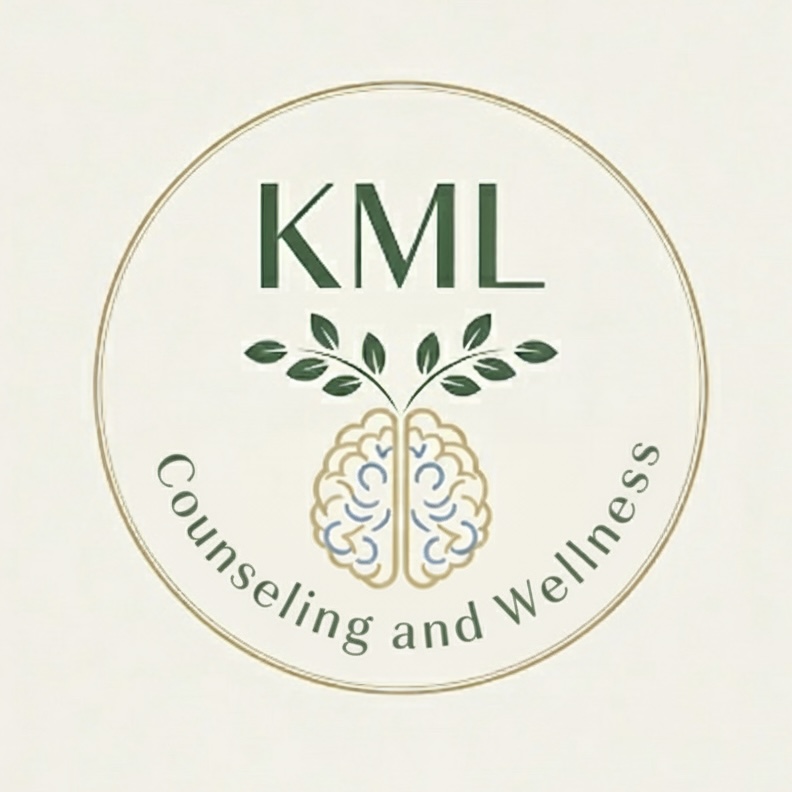Caregiver Anxiety: Facing the Fear of the Future
- Kendra Lanni, LICSW
- Nov 9, 2025
- 4 min read
Updated: Nov 17, 2025
It’s the fear that often goes unsaid, the one that whispers to you in the quiet hours: Who will care for them when I’m gone? If you are an adult caregiver for a loved one with special health needs—be it a lifelong developmental disability, a chronic medical condition, or complex care requirements—this fear of the future is a natural, profound, and deeply human response to a tremendous responsibility.
In my practice, I work with caregivers like you, and I understand the unique weight of this anxiety. You are the anchor, the historian, the expert, and the greatest advocate for your loved one. The thought of a future where you are absent can feel like an existential threat to their well-being. The goal isn't to eliminate this fear—it’s too big and real for that—but to manage its power so it doesn't steal your present peace. Here are three therapeutic anchors to help you navigate this specific, appropriate, and heavy worry.
1. Caregiver Coping Strategies: Anchor Yourself in the Present
Fear of the future is essentially a fear of the unknown. When your mind spirals into "what if" scenarios, you've left the solid ground of the present moment. Here are some strategies to help you anchor yourself.
Use the power of “Just This”: Select one simple, sensory activity that you often rush through, such as…
Washing your hands.
Making a cup of tea or coffee.
Petting your dog or cat.
Focus and Repeat: As you perform this activity, slow down and repeat the phrase "Just this" in your mind. Engage the Senses: Direct your attention only to the immediate sensory experience:
If washing hands: Feel the temperature of the water: "Just this." Notice the scent of the soap: "Just this." Focus on the feeling of drying your hands: "Just this."
Use the 5-4-3-2-1 Grounding Technique: This is a simple, powerful tool to pull your mind back into the present moment.
5 things you can see.
4 things you are touching right now.
3 things you can hear.
2 things you can smell.
1 DEEP BREATH.
This quick, sensory scan shifts your focus from a terrifying future to the safety of the here and now.
2. Special Needs Planning: Take Back Control with Preparation
For a caregiver, anxiety about the future often stems from a feeling of total lack of control over a monumental outcome. While you cannot control your mortality, you can control your preparation. Focus on the "Next Right Step,"—don't try to build the entire safety net in one day. Break this daunting task down into manageable, low-stress steps you can take over the course of several months or even a year, for example:
Legal/Financial: Step 1: Research one local Elder Law Attorney who specializes in Special Needs Trusts. Step 2: Email them with your questions.
Care Continuity: Step 1: Write down a detailed list of your loved one's specific care routines, comfort items, and behavioral triggers (this is typically called a "Legacy of Care" document). Step 2: Identify one trusted person you could see yourself sharing this with.
Widen Your Circle: Step 1: Research local agencies that support individuals that share your loved one’s special health needs Step 2: Reach out to introduce yourself or get on their email list.
3. Caregiver Mental Health: Practice Self-Compassion
The fear of the future can often morph into guilt—a feeling that you are selfish for even thinking about a life without this responsibility, or that you are failing because you can't guarantee an endless supply of care.
Validate the Reality of you Situation, Remind Yourself: "This is an objectively hard situation, and whatever I am feeling is valid." You are not a machine. You are a human being facing a reality few others understand. Acknowledge the weight you carry.
Embrace the "Good Enough" Parent/Caregiver: You are doing your absolute best within a system that is often under-resourced and overwhelming. Perfection is a myth. Forgive yourself for moments of frustration, exhaustion, and for the simple reality that you are not immortal. Treat yourself with the same tender kindness and understanding you would show a friend who is in a difficult situation.
Your Self-Care is Their Future Care: Taking breaks, attending your own health appointments, and going to therapy are not luxuries—they are essential protective factors for your loved one. Self-care doesn’t have to be the stereotypical messages we receive, it can simply be a quiet car ride to get a coffee. The longer you can sustain your health and resilience, the longer and more effectively you can provide care. You are your loved one's most vital resource, protect it.



